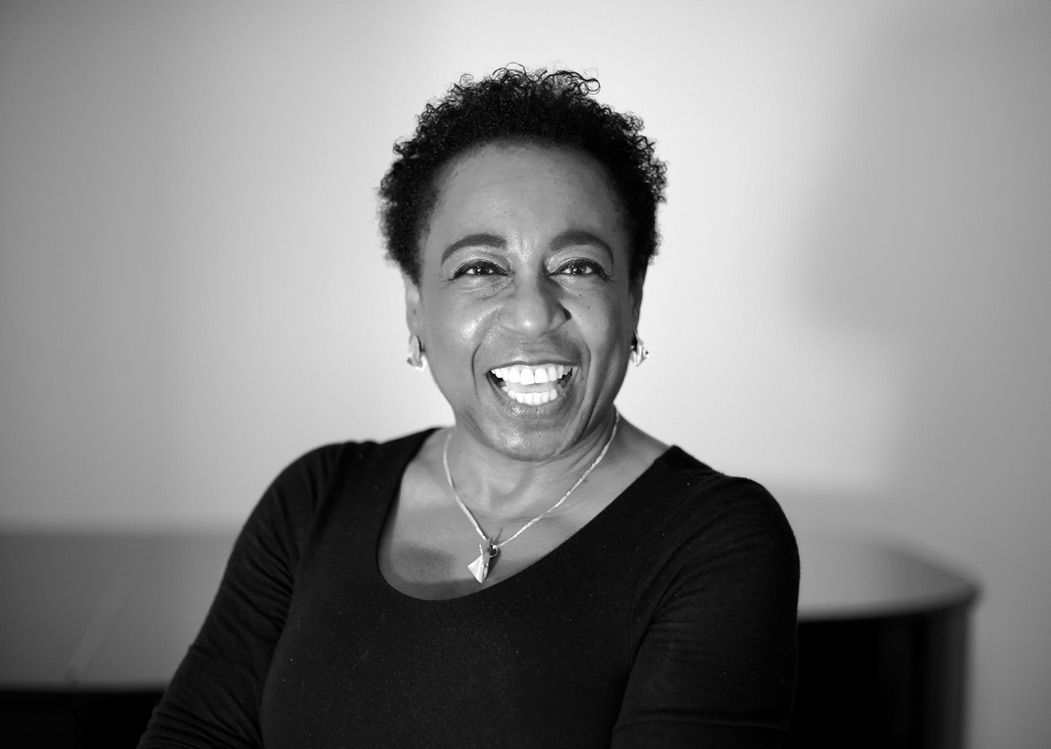The increasing focus on the pay gap and pay gap reporting in local and global organisations across the UK has shed light on the challenges faced by business and government leaders looking to address this key indicator of workplace equality. Reports such as the one written earlier this year by the LSE provide evidence that black women have the lowest probability of being amongst the UK’s top earners. Staggeringly, less than 0.1% of black women are in the top 1% of earners. It points also to a feature of intersectionality: black women face a double-barrelled negative impact of both gender inequality and racial inequality.
If the drive for creativity and innovation in the world of work and the need for increased and sustained productivity is to be genuinely successful, all elements and aspects of the world of work must be representative of society and the communities served. The commercial and economic benefits of diversity have long been eschewed. Whilst diversity goes beyond the physical features of your people, they nevertheless are a significant and contributing enabler. The absence of the black woman in the top percentages of earners in the UK must hold a hidden and costly disadvantage to the success of organisations.
The size of the challenge means that this will not be an easy one to tackle. Business Leaders can, however, take some definitive steps forward by doing the following:
1. Assess the gap in your organisation
It’s one thing to read the useful surveys and reports produced by the leading consultancies and business schools, but it’s another to fully understand the lay of the land in your own organisation. Start by assessing the gap. Charge your HR Departments and your Analytics Teams to take a deep dive into the data in your business so that it shows who earns what and for how long, including the length of tenure in role and/or in organisation and performance ratings history.
2. Set a target and incentivise against it
The Financial Reporting Council – FRC has made it a requirement for companies employing more than 250 employees to publish and make public Gender Pay Gap reports. The CIPD has this year requested in this report that the Government makes it mandatory for employers in the FTSE 100 to report on their Ethnicity Pay Gaps from 2023 onward. This is helpful and will influence many organisations. The positive impact of this will however not be fully experienced unless the CEOs and the leadership teams of the organisations set targets for themselves and their teams and incentivise against them. There is a saying: “you measure what you treasure”. Set targets that are meaningful, stretching and realistic; targets and incentives that speak to your purpose, your values and the needs of the end-users of your products and services.
3. Hold your search firms accountable
The more senior the role the more likely you are to engage a qualified Executive Search Firm with a great reputation. Encourage them to present diverse shortlists and be explicit about the requirement to see black women on the list. Be supportive and patient in response to any requests to have the deadlines for the submission of shortlists extended as they in turn challenge themselves to step outside the traditional boundaries to be creative with the sources from which they find talent.
4. Challenge tradition
Be willing to challenge your own dearly held traditions too. With the opportunities that technology presents, be willing to explore the viability of delivery in the role in a way that doesn’t meet traditional expectations. Import talent from outside of the UK and be willing to flex your organisation’s international compensation policy and engage your lawyers internally and/or externally to ensure no elements of the law are being broken. To drive decisive change for good and in an area as challenging as pay, it will take a determined and committed leader who not only believes it makes good business sense but also believes that it’s absolutely the right thing to do to close the pay gap.
5. Accelerate development
Not only is the black woman less likely to be in the top percentages of earners, but she is also the least likely to benefit from the positive impact of career development and training in organisations, as highlighted in this McKinsey Women in the Workplace report. Therefore, in addition to being willing to hire externally at the top of your organisation and/or into critical decision-making roles, make it imperative to accelerate the development of the black woman in your organisation. Nominate her for external leadership programmes targeted specifically at the black woman and demonstrate an interest in her learning and how this learning can be translated into a win-win for her and the organisation. Second her to high-profile projects and ensure she has the resources to deliver on the project goals successfully. Be proactive in ensuring that the black woman in your organisation is comprehensively discussed at your talent and career reviews and request tangible evidence to back up any claims by her direct line managers that she may not be at present ‘ready’ for that promotion.
6. Sponsor over mentor
Whilst mentoring is a highly beneficial form of development and should be put in place for all talent and, in particular, the black woman in your organisation, having a Sponsor can be more effective. This is because the key role of a Sponsor is to proactively promote her advancement, raise her profile and personally back her for the opportunities that emerge in the organisation and even outside of it. When a black woman is sponsored by a significantly more senior individual in her organisation, she is more likely to attain that promotion faster, be seconded to those high profile and career-defining company project teams and be invited to forums and key decision-making meetings, all of which will count in her favour when the opportunities for promotion come.
Addressing the ethnicity pay gap effectively can seem daunting because of the many different aspects and levers that can and must be pulled to do so. This should however not deter a leader who knows and believes that the keys to change lie in his, hers or their hands. What it takes to genuinely tackle it is belief, decisiveness, tangible action and a willingness to stand up and be counted.
Yetunde Hofmann is a Board level executive leadership coach and mentor, global change, inclusion and diversity expert, author of Beyond Engagement and founder of SOLARIS – a pioneering leadership development programme for black women. Find out more at http://www.solarisleadership.com/.











